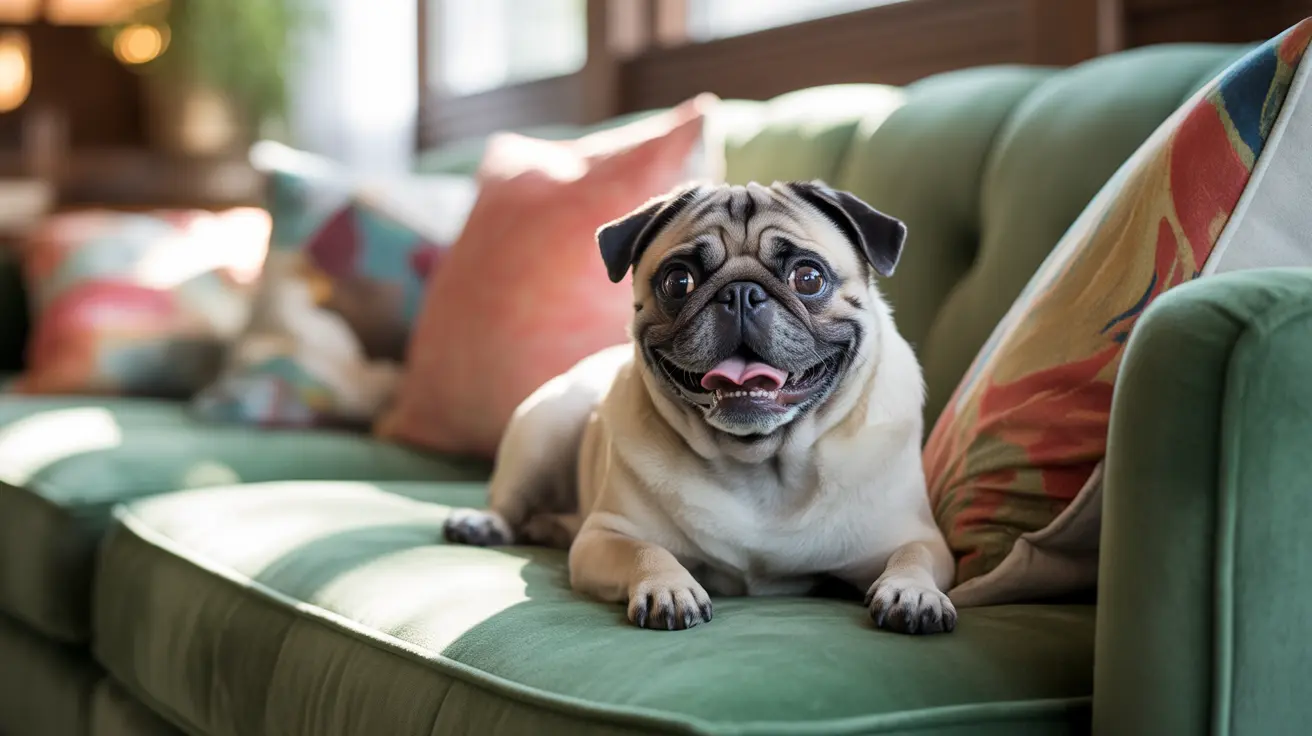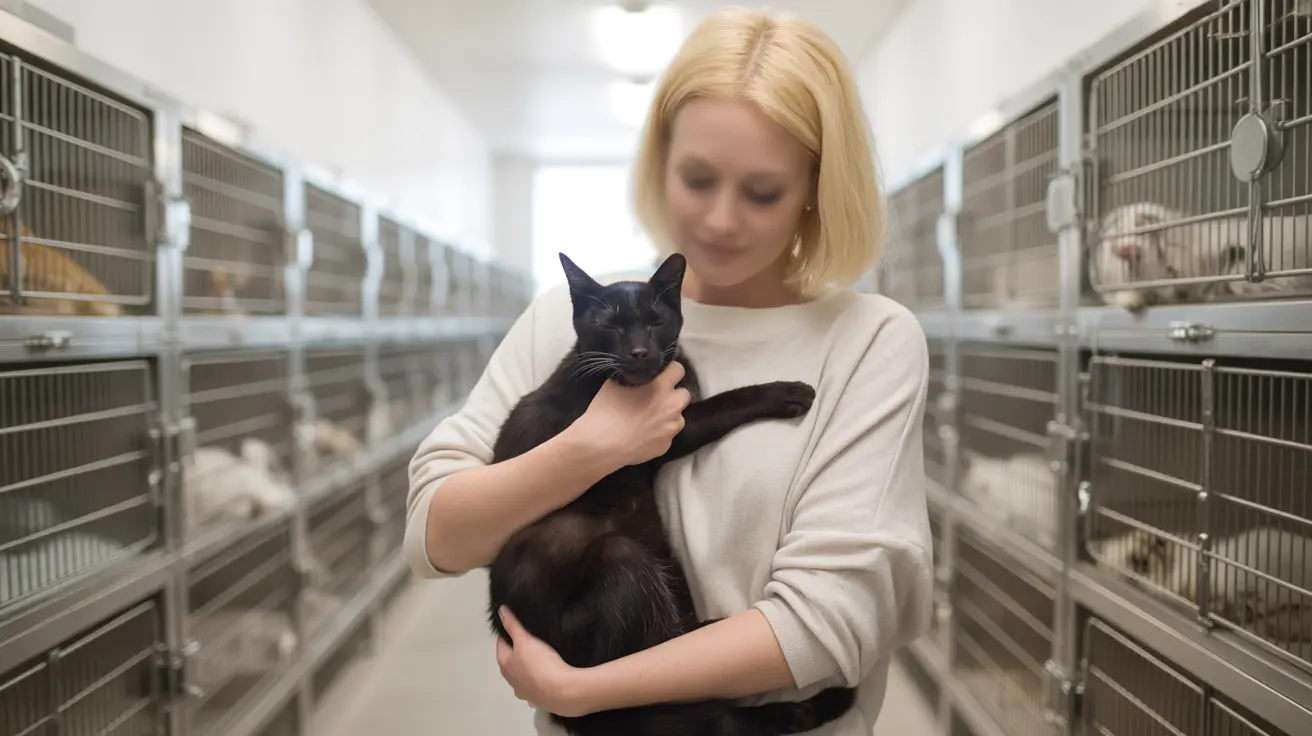Many dog owners notice their furry friends breathing heavily or panting during petting sessions, which can be both normal and concerning depending on the circumstances. Understanding why your dog breathes heavily when being petted is crucial for maintaining their health and well-being.
While panting during petting is often a natural response to excitement or happiness, it's important to recognize when heavy breathing might indicate an underlying issue that requires attention. Let's explore the various reasons behind this common behavior and learn when you should be concerned.
Normal Causes of Heavy Breathing During Petting
Excitement and Joy
Dogs often breathe heavily when petted simply because they're excited and happy. This natural response is similar to how humans might experience increased heart rate during positive interactions. Your dog's heavy breathing might be accompanied by a wagging tail, relaxed body posture, and other signs of contentment.
Temperature Regulation
Unlike humans who cool down through sweating, dogs primarily regulate their body temperature through panting. If your home is warm or your dog has recently been active, petting might increase their body temperature slightly, leading to increased panting.
Medical and Health-Related Causes
Respiratory Issues
Some dogs, particularly brachycephalic breeds like Pugs and Bulldogs, may experience breathing difficulties due to their facial structure. Petting can increase their excitement and exacerbate these breathing challenges.
Underlying Health Conditions
Heavy breathing during petting might sometimes indicate health issues such as:
- Heart problems
- Respiratory infections
- Anxiety disorders
- Pain or discomfort
- Obesity
When to Monitor Your Dog's Breathing
Normal vs. Abnormal Breathing Patterns
A healthy dog typically takes 10-35 breaths per minute when resting. During petting, this rate may increase naturally, but should return to normal relatively quickly. Watch for signs of labored breathing, unusual sounds, or breathing difficulties that persist after the excitement has passed.
Warning Signs
Be alert for these concerning symptoms:
- Blue or pale gums
- Excessive drooling
- Unusual breathing sounds
- Reluctance to lie down
- Open-mouth breathing at rest
Frequently Asked Questions
Why does my dog breathe heavily when I pet him, and should I be concerned?
Heavy breathing during petting is often normal excitement or happiness. However, if the breathing is labored, persistent, or accompanied by other concerning symptoms, consult a veterinarian.
How can I tell if my dog's heavy breathing is due to excitement or a medical issue?
Excitement-related heavy breathing typically subsides once your dog calms down and is accompanied by positive body language. Medical issues usually involve persistent heavy breathing, even at rest, and may include other symptoms like lethargy or coughing.
Can petting a short-nosed breed dog lead to breathing difficulties, and how can I identify them?
Yes, brachycephalic breeds are more susceptible to breathing issues. Watch for excessive panting, noisy breathing, or signs of distress during petting. Keep petting sessions calm and brief for these breeds.
What are the most common health issues that cause heavy breathing in dogs, and how are they diagnosed?
Common health issues include heart disease, respiratory infections, and anxiety. Diagnosis typically involves physical examination, medical history review, and possibly X-rays or blood work.
How often should I have my dog's breathing checked if they frequently pant or breathe heavily during or after petting?
Schedule regular veterinary check-ups at least annually, but seek immediate attention if you notice persistent heavy breathing, respiratory distress, or significant changes in breathing patterns.






